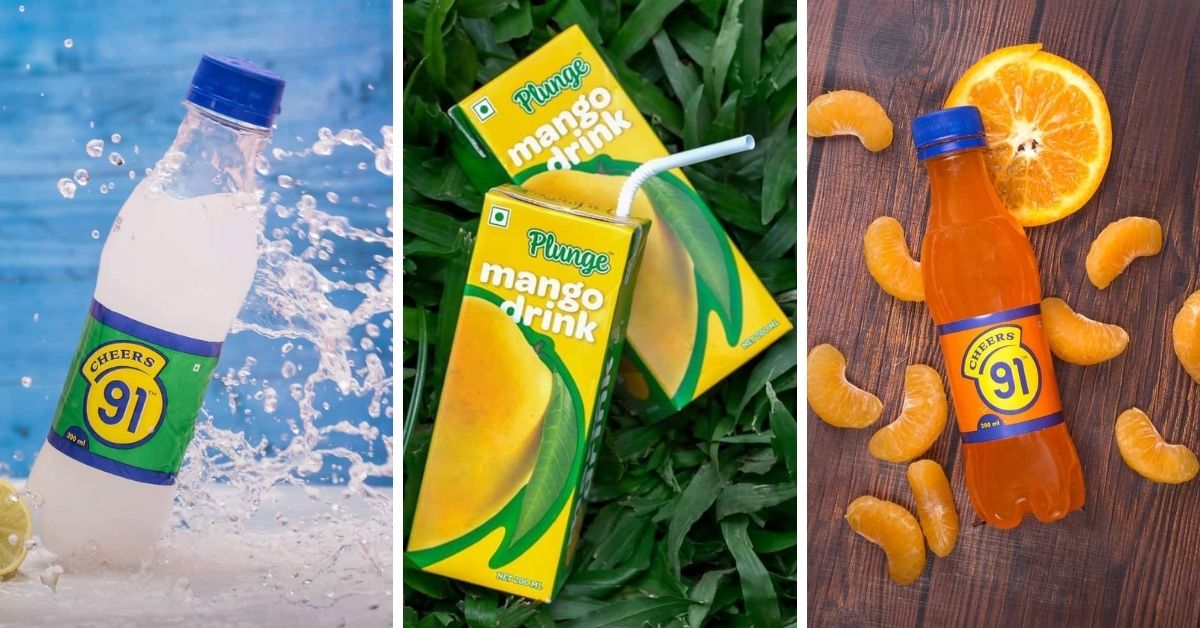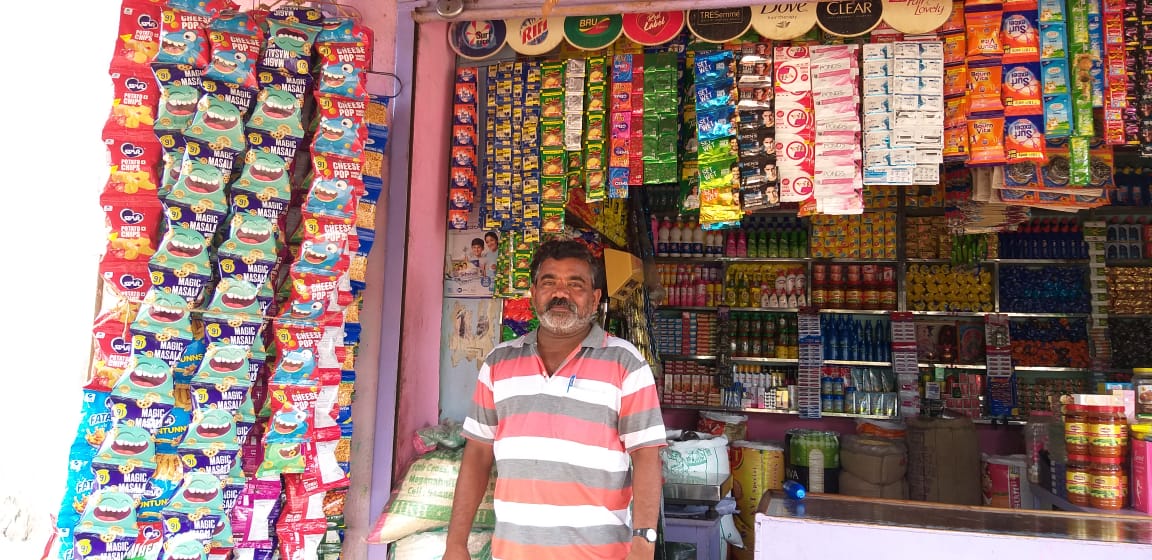IIn his book ‘The Fortune at the Bottom of the Pyramid’ (2004), C K Prahalad, a professor at the University of Michigan’s business school, talks about giving purchasing power to marginalised communities and unlocking a profit-making market while eliminating poverty.
But how does one increase the purchasing power of a community that has negligible disposable income? You can probably read the book to find the answers or simply direct your questions to Prabhu Gandhikumar, co-founder of TABP Snacks and Beverages.
His 5-year-old company, headquartered in Coimbatore, Tamil Nadu, is selling snacks and beverages at Rs 5 and Rs 10, respectively, which are specifically aimed at targeting the marginalised community. Last year, the company clocked a revenue of Rs 35.5 crores, which is an exponential growth of more than 350 per cent since 2017.
The items can be found on the shelves of local stores, petrol pumps and supermarkets across states, including Karnataka, Andhra Pradesh, Tamil Nadu, Kerala and Telangana. The company is also penetrating Odisha and will soon enter Maharashtra and Goa.
“The secret is to understand what the customers want and brace for losses till you find the right business model. The process can be expensive and tiring, but you are staring at a market of 400 million people, which is about the population of America. So the trick to meet profit margins is large scale production. Our beverage production capacity is 1,200 bottles per minute, which is around 2.4 crore bottles every year,” Prabhu tells The Better India.
The eureka moment

Prabhu, a mechanical engineer, hails from a family of entrepreneurs and was predestined to follow suit. But before taking over the family business, he worked in a private firm as a retail consultant for the experience. He lived in the US for six years and joined his father in 2012.
Unsatisfied with work, Prabhu decided to explore other sectors, including the FMCG industry. One particular incident on a temple ground gave him his eureka moment.
“In the US, I had seen the growing importance of packaged foods and that the future of retail food was tied with this. It was slowly catching up in India so I had some ideas to explore, but most of them catered to the middle and upper-middle class, like many other startups did,” he says.
He adds, “One day, I saw a child buy a soft drink and share it with his friends while they were all playing in a rural part of Coimbatore. I saw how he held the bottle like it was a status symbol. I realised that people from marginal communities, who earn a daily wage up to Rs 100, cannot afford soft drinks that cost Rs 30 or more. However, there is an aspirational demand.”
Prabhu and his wife, Brindha, conducted on-ground research and found that daily wage earners in rural areas want to have aerated drinks, especially during summers. However, the prices discouraged them. Simultaneously, the couple also focussed on the taste buds and flavours that they preferred like jeera (cumin).
In 2016, the couple launched two flavours — mango and apple juice, priced at Rs 10 under the brand name ‘Plunge’. The next year, they introduced a line of carbonated drinks — orange, cola, jeera, lemon and white lemon.
Two years later, they launched Snacks 91, taking inspiration from India’s international dial code. The flavours include Tangy Tomato, Fryums Pasta, Magic Masala, and Choco Flakes, to name a few. The 100-gram packets cost Rs 5.
In line with the consumer’s needs

Although the prices of the beverages and snacks are low, the company didn’t believe in compromising on packaging and quality. The packaging looks like that of any other multinational company’s brand.
Another important strategy was to rope in local distributors to maximise sales and get feedback directly from the customers.
Brindha says, “With local distributors, people can freely criticise or praise the products, which helps us understand the changing needs as well. For example, it was through the distributors that we learned about how chewing tobacco is so common that the consumers’ tongues, being numbed from overexposure, needed extra salt, spice and sugar. So we made the drinks more sugary, and the snacks spicier. We also learned about their impulse buying behaviour. So we made sure our products are displayed properly. This saved us money on marketing gimmicks and paid social media gigs. We are a small team of 86 people who pulled this off.”
Currently, the company works with 700 distributors and the products are displayed in 1,19,000 shops.
The company also has a cloud-based ERP system, called ERP Genie, that analyses customers’ purchasing behaviours, demands and tracks logistics and orders. The technology helped the company gauge the high demand for beverages in wedding seasons. Through caterers, they supplied beverages in Andhra Pradesh and Odisha.
The Food Safety and Standards Authority of India (FSSAI)-certified company has six factories across Tamil Nadu that prepare concentrations for the beverages in 1,000-litre batches. Some of the flavours include Jeera Masala, Paneer Soda, cola, among others.
In the next four years, the husband-wife duo hopes to cover 5,00,000 shops and generate a revenue of Rs 200 crore. It also aims to launch millet-based products such as cereals, choco flakes and muesli.
Get in touch with TABP Snacks and Beverages here.
Edited by Divya Sethu
No comments:
Post a Comment